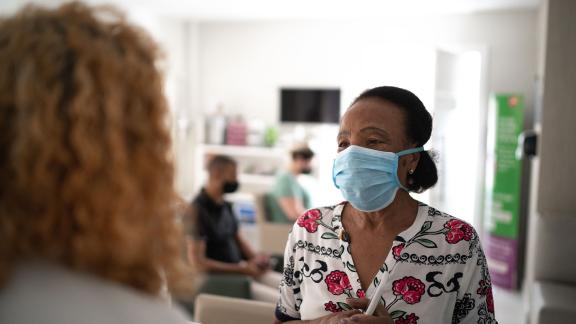NHS Confederation urges junior doctors and government to get back to the negotiating table

Ahead of the latest round of industrial action by junior doctors, The NHS Confederation is urging both the BMA and the government to cede some ground and find a way back to the negotiating table as quickly as possible. Matthew Taylor, chief executive of the NHS Confederation, said:
“It’s disappointing that the NHS is having to brace itself for a further round of industrial action once again as the Government and junior doctors have not found common ground on the pay dispute. Both sides will need to cede some ground if there is to be any hope of a resolution, and the NHS really needs to see one soon.
“Leaders have prepared well again ahead of the strike and are doing all they can to prioritise patient safety, which will mean that some elective activity and outpatient appointments will take a hit in favour of life and limb care. The national advice remains that patients should assume their planned care is going ahead unless they have been told otherwise by their local team.
“This delay to elective care is what concerns leaders most, and has a real impact on patients, many of whom will have already been waiting a long time only to see their operation cancelled. The impact of this can be significant, with patients potentially developing complications or their condition worsening as a result. It also means that the waiting list, currently at 7.4m, is likely to grow further and take longer to clear.
“While the NHS will continue to pull together and find ways to cope, repeated industrial action is taking an increasing toll. We’ve seen signs that more consultants are becoming reluctant to continue to provide cover unless they are paid the BMA rate card for overtime, which will have an impact on local budgets.
“We again strongly encourage both the government and junior doctors to come to the table and put an end to this as quickly as possible.”
About us
We are the membership organisation that brings together, supports and speaks for the whole healthcare system in England, Wales and Northern Ireland. The members we represent employ 1.5 million staff, care for more than 1 million patients a day and control £150 billion of public expenditure. We promote collaboration and partnership working as the key to improving population health, delivering high-quality care and reducing health inequalities.



